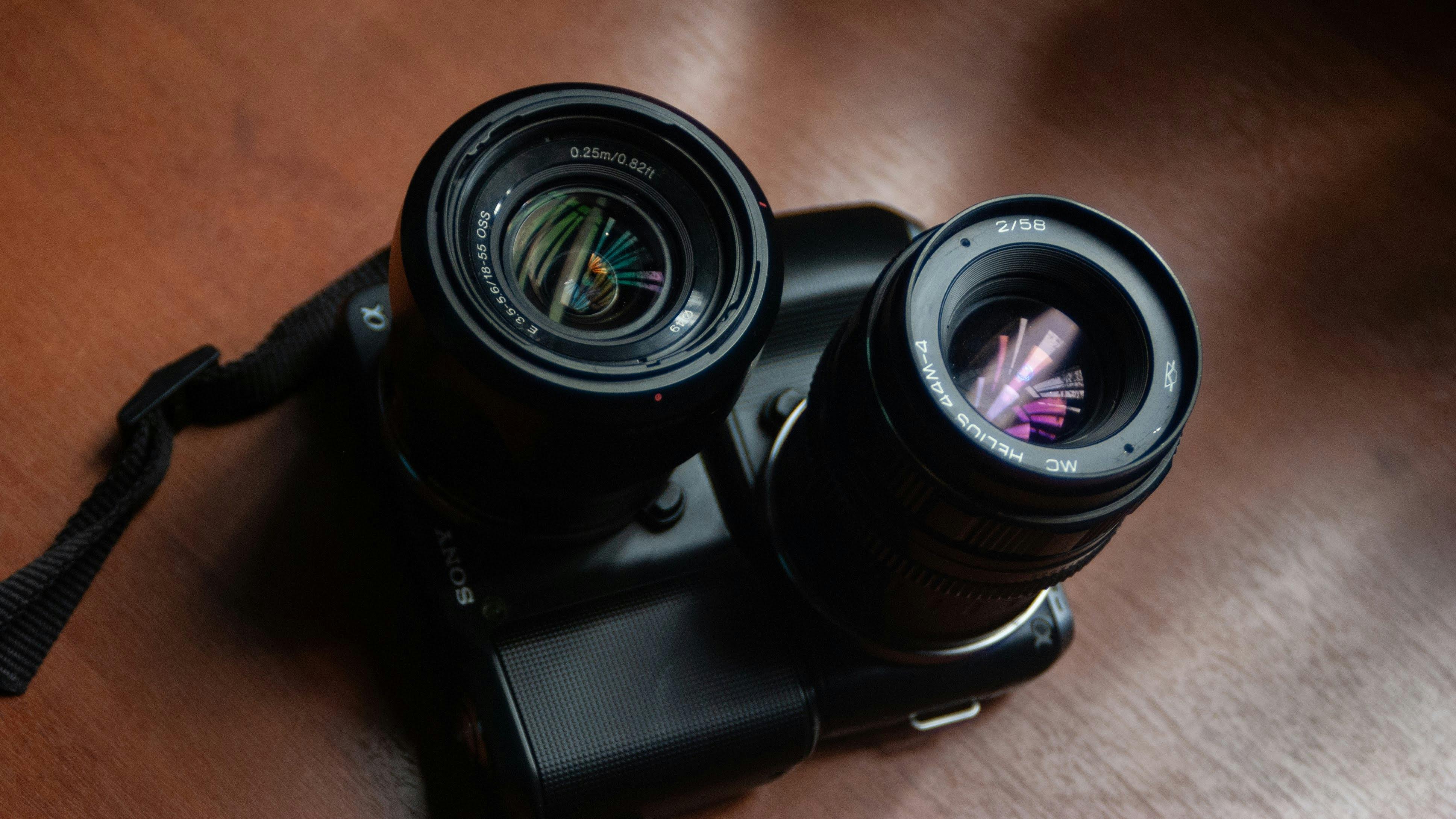
Freelance Proofreading – Tools of the Trade
So, do you want to establish yourself as a freelance at-home proofreader? Excellent! Proofreading is, in many ways, the ideal home-based business. You can work at any time that suits you, perhaps fitting in around family commitments. You can start part-time and go full-time later if you want. And while you won’t make a fortune, you can certainly make a decent living.
Very few special tools or equipment are required to set up as a proofreader. The following is really all you need to get started:
* You will need a supply of colored pens (red, blue and black) to mark the text. Modern gel ink pens are ideal for this, although good quality fiber tips and more expensive pens that leave no traces of ink are also acceptable.
* Pencils are needed to write questions in the tests. For example, if the author spells another writer’s name as PETERSON in the main text but PETERSEN in the bibliography, you should place a note in the proofs to confirm the correct spelling with the author.
* You will also need a good size desk or table to work on. The kitchen table might work at first, but it’s much better to have your own desk where you won’t have to collect all your papers when it’s time to eat. Try to place your desk near a source of natural light. Especially if you plan to work at night or after dark, a good quality reading lamp (preferably an angled lamp that can be adjusted to a wide range of positions) is highly recommended.
* Along with the desk, you will also need a comfortable chair, preferably with a padded and height-adjustable seat and backrest. A plain dining chair is likely to become uncomfortable after long periods, interfering with your concentration.
* You must also have a telephone so that the publishers can contact you with job offers and you can contact them for any questions. As soon as your budget hits, an answering machine will make sure you never miss work because you’re away from home. Alternatively, your telephone service provider may offer a voice mail service that you can use when you are away from your office.
* You will need a good dictionary. Dictionaries will not only help you with spelling, but also advise on correct usage, capitalization, italics, etc. Don’t be tempted to economize here: any dictionary you get should have at least 150,000 word definitions. Shorter dictionaries (for example, student and pocket editions) are simply not suitable.
* Other reference books. If you intend to look for work in a specialized area of journals such as medicine or law, a dictionary of the relevant specialist terms will be an asset. You may also find it useful to purchase some basic grammar and punctuation guides.